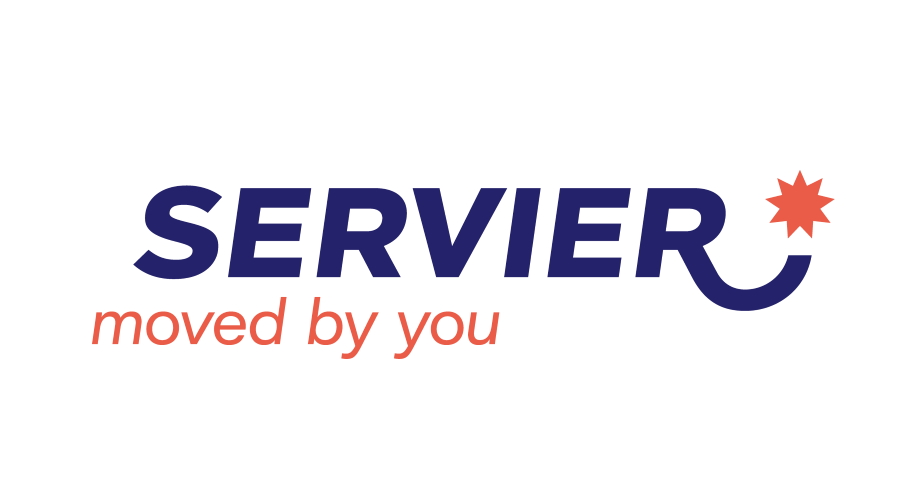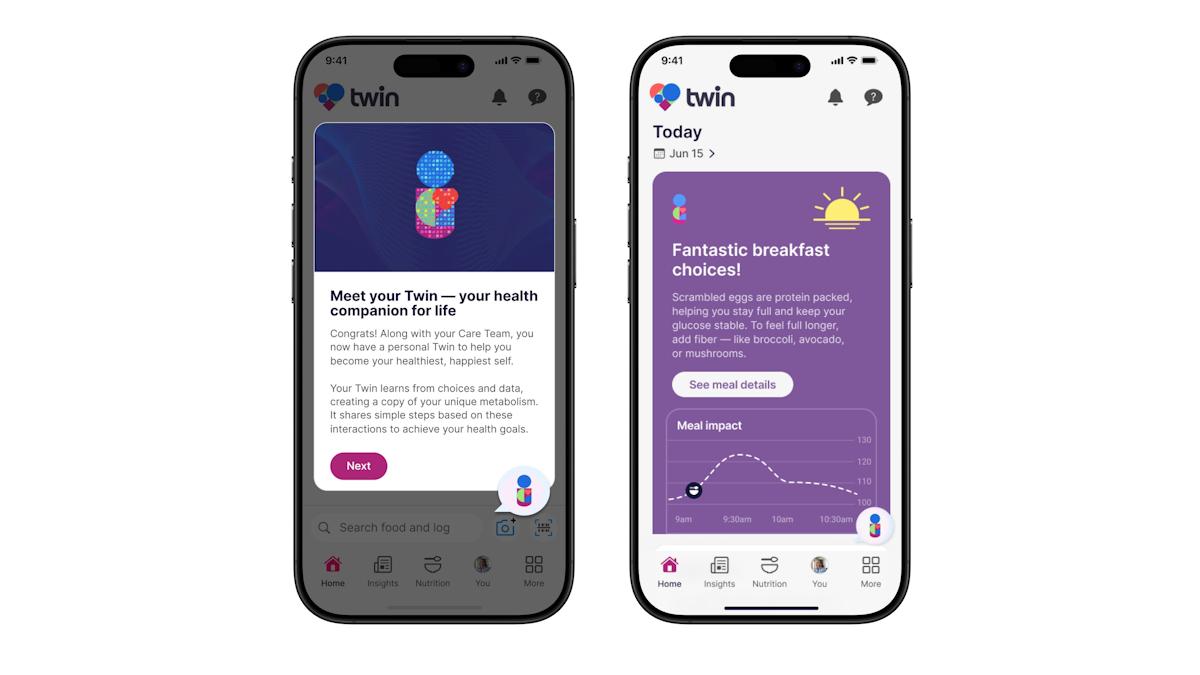Servier will apply ‘digital twin’ tech to Parkinson’s drug

French pharma Servier has enlisted the aid of ‘digital twin’ specialist Aitia for a third time, adding a Parkinson’s disease project to their prior collaborations on pancreatic cancer and multiple myeloma.
The new project aims to identify subpopulations of Parkinson’s patients who could respond favourably to Servier’s LRRK2 inhibitor S221237, which is currently in early-stage clinical development. Servier licensed rights to the drug from Oncodesign Precision Medicine (OPM) for €7 million ($7.7 million) upfront in 2022 and €320 million in milestones.
The digital twin concept is based on the creation of a virtual replica of a physical entity or process that has some link to the real world – through connected sensors, for example – that can feed back data into the model and refine it.
In this case, Aitia’s Gemini digital twin platform – described as computational representations of disease that capture genetic and molecular interactions that causally drive clinical and physiological outcomes – will be used to model the mechanism of action of the LRRK2 inhibitor.
The goal is to identify biomarkers that could be used to identify patients most likely to respond to the drug, which is a well-known kinase drug target in Parkinson’s disease. Mutations in the LRRK2 gene are among the most common causes of familial Parkinson’s, and also one of the strongest risk factors in people who develop Parkinson’s with no family history of the disease.
LRRK2 inhibition represents a potential neuroprotective and disease-modifying therapeutic approach to the neurodegenerative disorder.
Servier is one of a number of drugmakers looking at LRRK2 inhibitors for Parkinson’s, with others including Biogen/Denali – which recently scaled back their clinical programme for lead candidate BIIB122 – as well as Qiagen and Neuron23.
“This new collaboration with Aitia highlights Servier’s ambition to potentially provide innovative solutions to patients with high unmet medical needs,” said Servier’s head of neuroscience and immuno-inflammation R&D, Ross Jeggo.
“I am confident that by combining scientific innovation with the power of digital technologies, such as Aitia’s Gemini Digital Twins, we may be able to better understand the biology of Parkinson’s disease and transform our drug discovery process in the field of neuroscience,” he added. “This approach could allow us to provide increasingly personalised solutions to patients affected by this pathology.”
Servier started applying Aitia’s technology to undisclosed pancreatic cancer programmes last year, which followed a first collaboration on multiple myeloma in 2022. It also recently signed a collaboration with Owkin to apply AI in cancer drug discovery.













